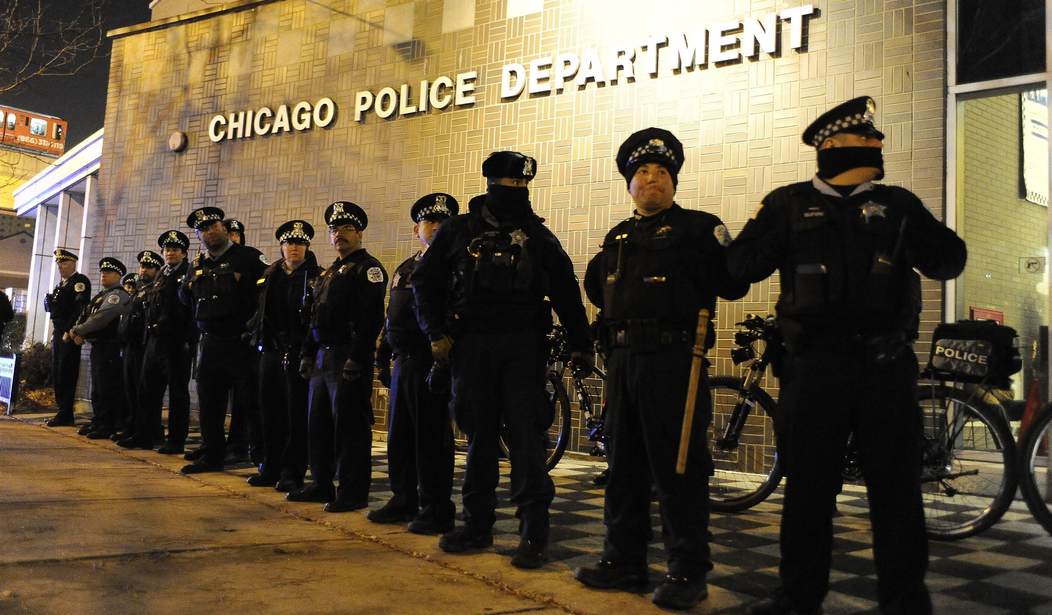Since 5:00 p.m. on Friday, at least 18 Chicagoans have been shot in street violence, with three dead.
A two-year-old got shot while sitting in the backseat of a car. Less than two hours later, three more people got shot in a drive-by shooting.
Five teenagers between 15 and 18 were shot during several incidents on the city’s south side. An 8-year-old boy got shot in the knee.
Police called in a SWAT unit after suspects shot and wounded 3 people near the Grand Street L station. And all this happened before noon on Saturday.
So far this year, 997 people have been shot, compared with 718 last year. The city has had 187 homicides — 31 more than during the same period last year.
However, police did report some encouraging news about carjackings. According to the department, since adding 40 officers and four sergeants to a task force in early January, the number of reports of vehicular hijackings has dropped more than 55%.
“Vehicular hijackings remain a concern, but Chicago is trending in the right direction,” said Superintendent David O. Brown.
Shootings are on the rise in all major cities, but why is Chicago consumed by violence?
Chicago Mayor Lori Lightfoot can’t deal with the problem of violent street gangs because she continues to blame the presence of guns for the uptick in shootings. Lightfoot hired a noted anti-violence strategist as deputy mayor when she entered office in 2019.
Less than two years later, Lightfoot’s touted deputy mayor is gone, Lightfoot is under political siege from all sides and still people keep dying on city streets. How did this happen again? And why does the city’s gun violence seem to go unabated?
“It’s political; it’s institutional; it’s the Chicago way,” laments Lance Williams, a former anti-violence outreach worker on the South Side and now a professor at Northeastern Illinois University. He cites a litany of reasons why Chicago has been unable to solve its violence problem: hyper-segregated neighborhoods, dysfunctional local schools, traumatized families, endemic urban poverty, disinvestment, blame-game politics, a city awash in handguns and, perhaps most of all, human desperation.
Nothing is going to happen to lessen the violence as long as this mindset dominates the city government.
“Chicago has always had a violence epidemic, by sheer volume,” says Susan Lee, Lightfoot’s former deputy mayor for public safety. “But the pandemic, coupled with the loss of legitimacy of government in the post-George Floyd era, really brought forth a perfect storm, in terms of violence in the communities that were already suffering.”
There is a direct correlation between the “loss of legitimacy of government” and the fact that people can’t walk down their own street without wondering if they’ll get shot. At its most basic, government derives its legitimacy from the implied promise to protect its citizens. This government has shown that it is incapable of doing that. Is it any wonder people have lost faith in their government?
It looks like it’s going to be a long, hot summer in Chicago.










Join the conversation as a VIP Member